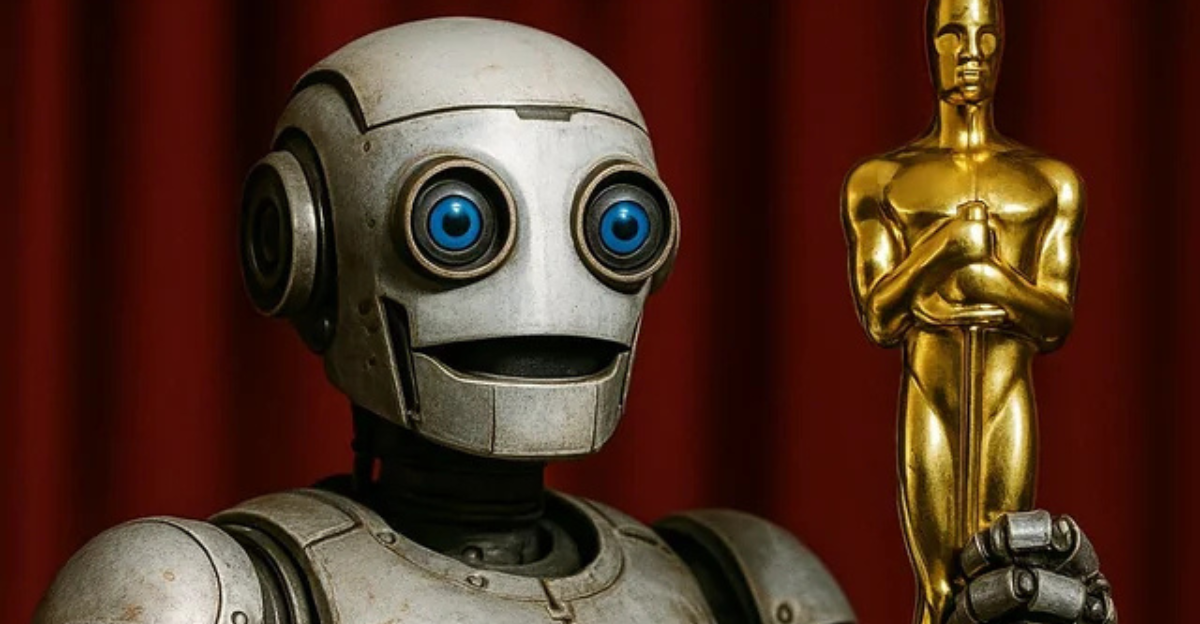
From making movies about AI taking over the world to now using AI to make those movies, you could say Hollywood’s come full circle. This tool isn’t waiting in the wings; it’s already rewriting scripts, building effects, and even landing roles. No blinking required.
And no, this isn’t some sci-fi twist. It’s real. Studios are scrambling to automate everything. Casting. Editing. Color. Sound. If there’s a button, they’re pressing it.
But for an industry powered by wild ideas and messy human magic, can that kind of creativity survive in a world built on code? Let’s find out.
Technology’s Role in Filmmaking Evolution
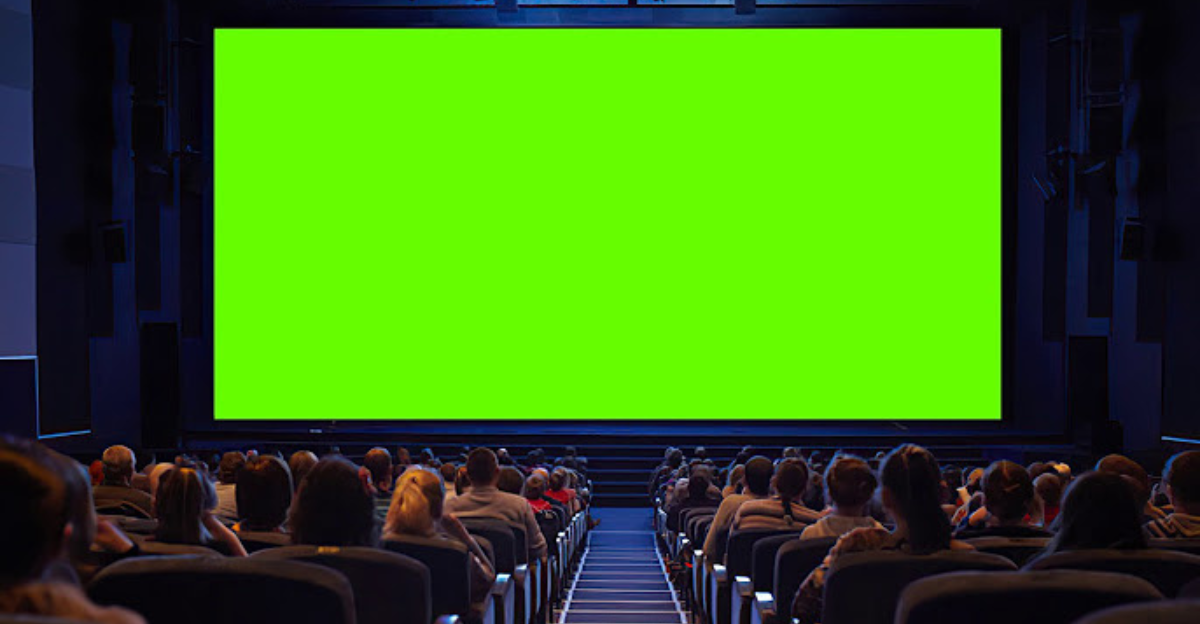
Cinema has always chased the future. Since the days of black and white dreams to green screens and then CGI storms, every leap in tech felt like a new brush for the same old soul. But this one, this AI thingy, it doesn’t just change the tools. It threatens to rewrite the painter.
AI’s Emergence as a Creative Tool
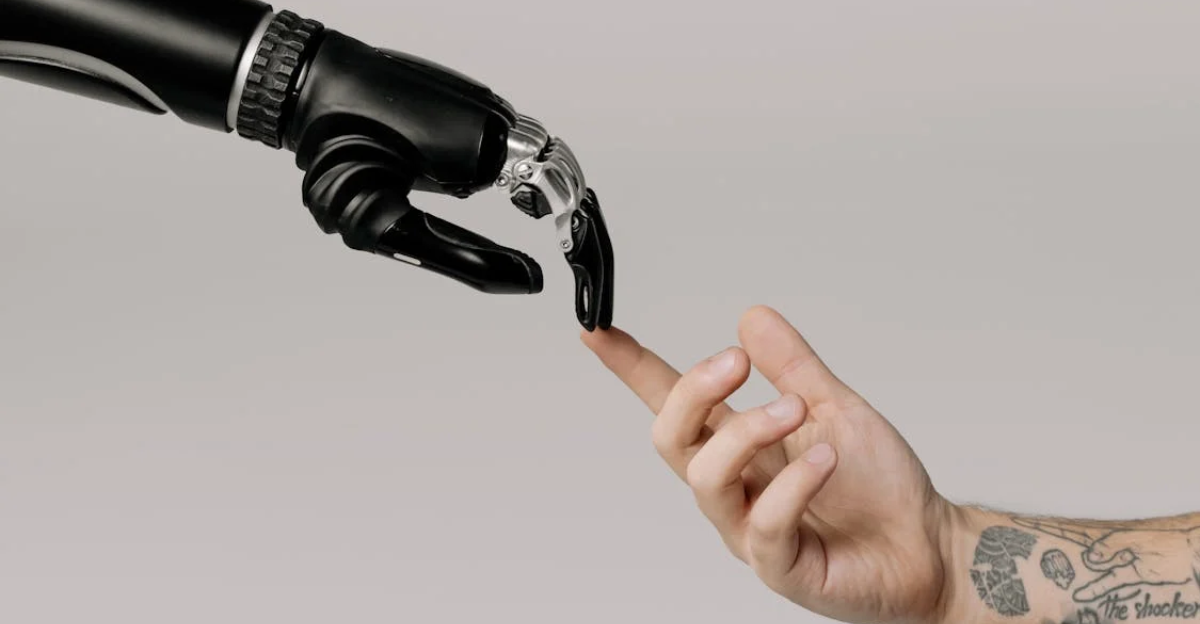
It started quietly. A whisper in a writer’s room. A shortcut in post. Then suddenly, AI wasn’t just helping… it was creating; it was invasive. Stories shaped by patterns, not passion. Characters born from data, not dreams. And still, the execs cheered. Because fast food is cheaper. And cheaper always wins. Until it doesn’t!
AI in Scriptwriting and Story Development
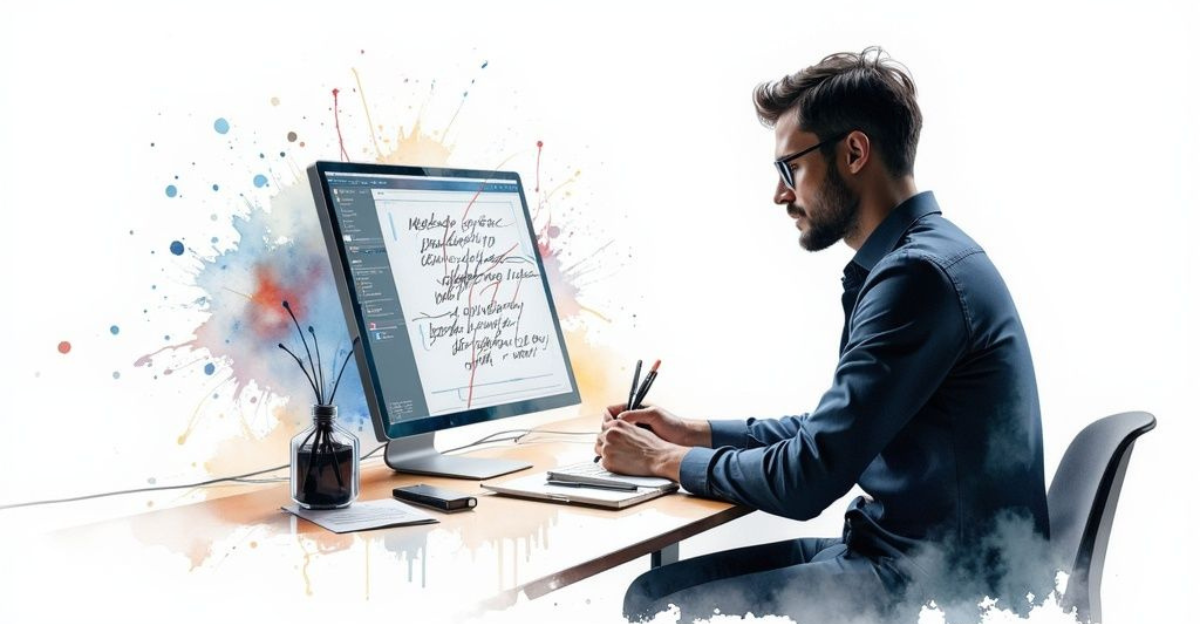
It used to be that the blank page was used to wait for a spark. A memory. A wound. Now it waits for prompts. AI doesn’t get writer’s block; it just generates. Plots bend to trends, characters shaped by clicks. It’s efficient, sure, but it’s eerie. And somewhere in the silence, a hundred human voices are being replaced.
AI-Assisted Casting and Virtual Actors
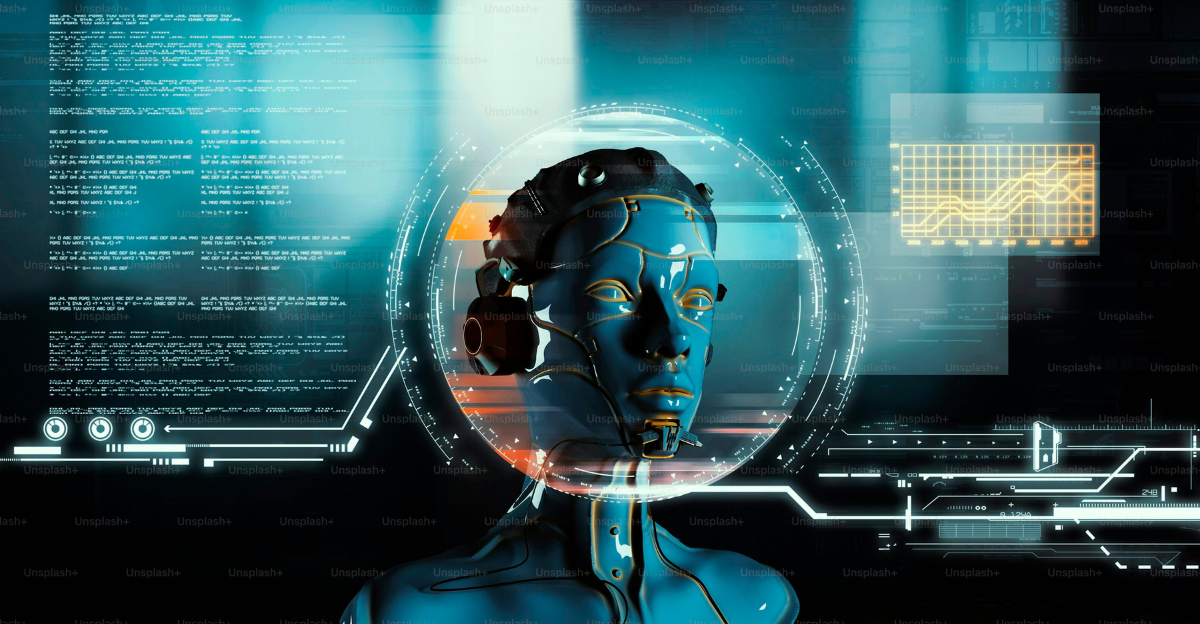
No more headshots. No more awkward auditions in tiny rooms. AI can scan millions of faces and build the perfect star from them. Age them up, slim them down, change their eyes. The question isn’t who gets the part. It’s if anyone really even needs to.
The Rise of AI-Generated Visual Effects and Digital Sets
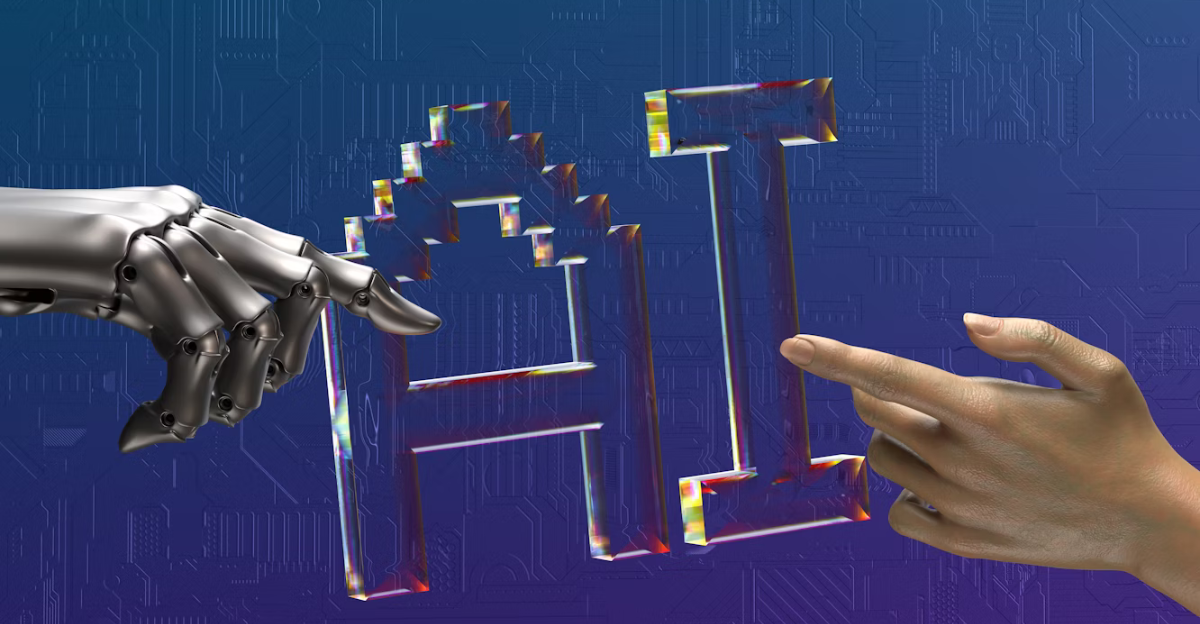
The camera doesn’t need to leave the room anymore. AI builds cities, sunsets, explosions, all without a single hammer lifted or light rigged. It’s breathtaking. It’s sterile. The grit, the chaos, the accidents that once made movie magic…all that’s a day’s work for AI.
Editing, Color Grading, and Sound Design
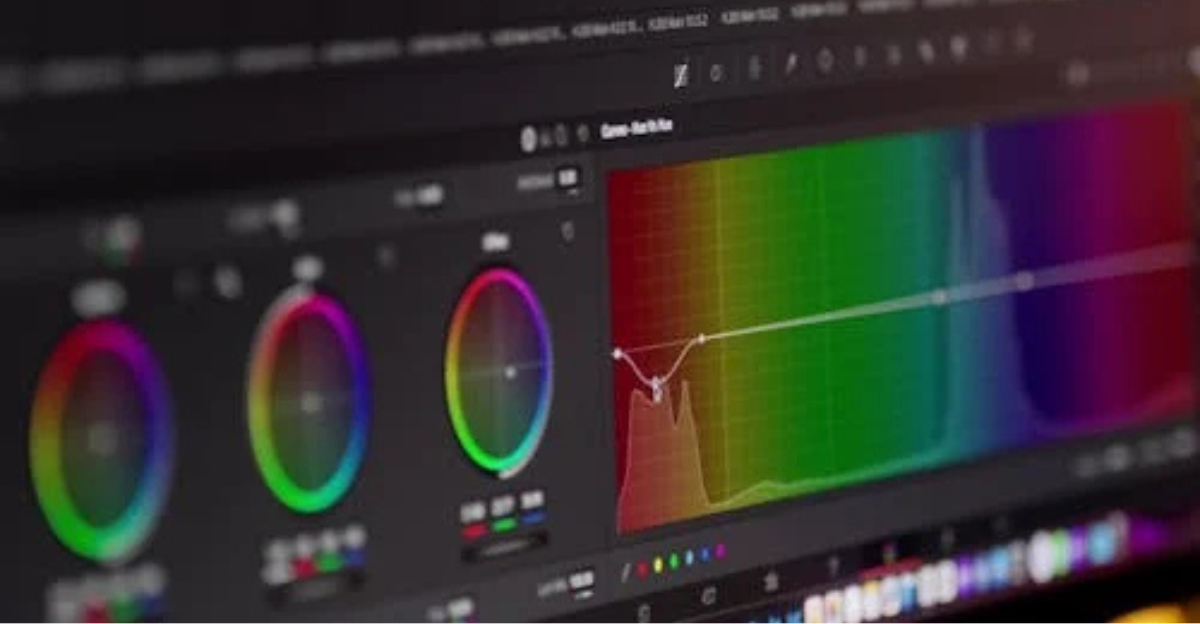
Post-production is one of the most important aspects of filmmaking. It is where the movie finds its rhythm and heartbeat. Normally, you need an experienced crew to do perfect post-production. But with AI? It’s just a matter of clicking a button and applying presets.
The Impact of AI on Actor Roles and Employment

Actors used to fear bad lighting or bad scripts. Now they fear being replaced. AI can clone a voice, mimic a smile, and even resurrect the dead. Background extras are gone. Body doubles? Digital. Even lead roles aren’t safe. When a machine can play you better than you, what part of you is left?
Ethical Concerns
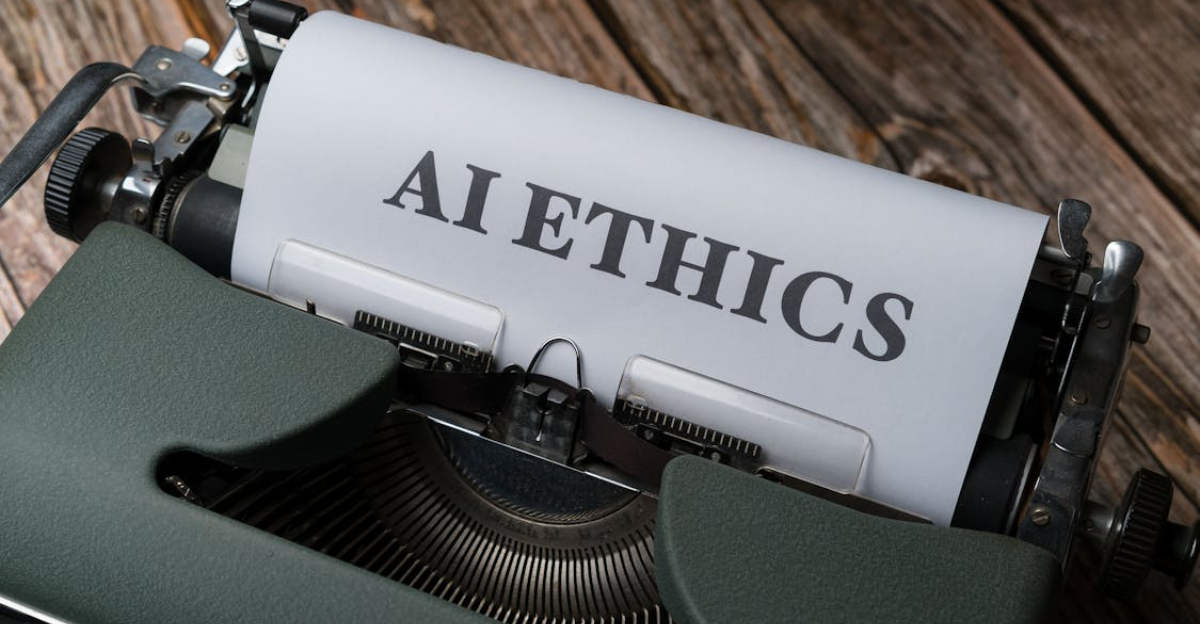
Consent used to be simple. A contract. A handshake. Now it’s blurred in deepfakes and digitized likenesses. Your face can star in a film you never made. Your voice can sell something you have never touched. And once it’s out there, who owns it? The artist? The studio? Or the algorithm?
The Debate Over AI and Originality in Storytelling
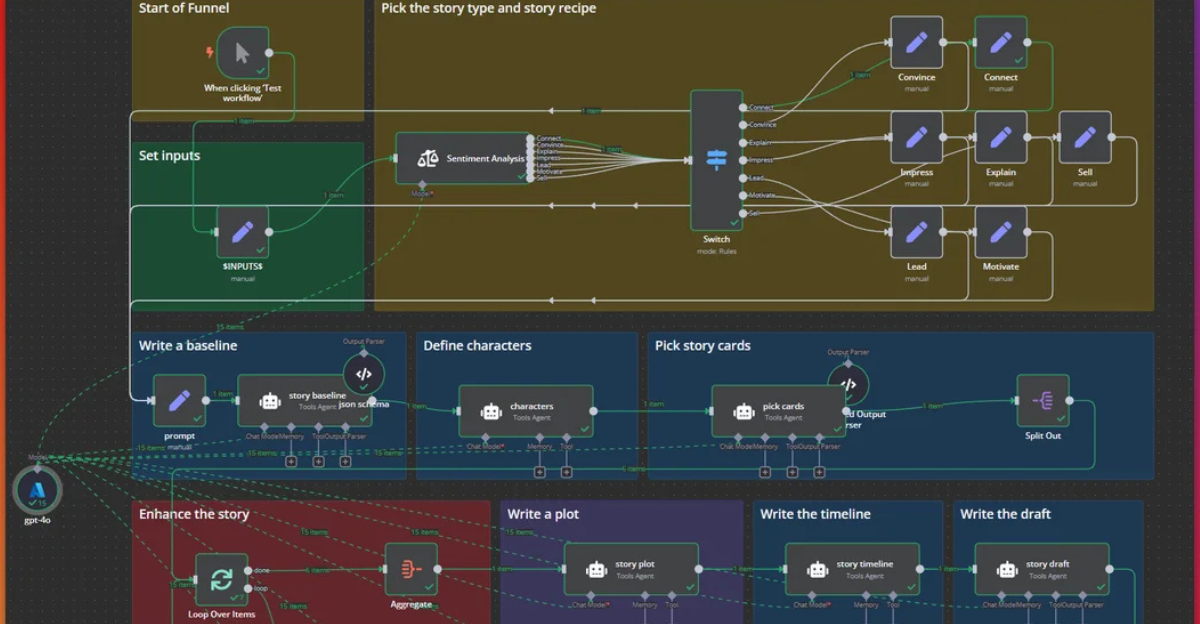
Originality used to mean risk. It meant chasing ideas no one had dared before. But AI doesn’t chase. It coldly calculates. It pulls from what’s worked, what’s trending, and what’s safe. The result is that there’s no originality. The stories start to resemble each other. Characters feel weirdly familiar. Not because they’re timeless, but because they’re recycled. That’s no creativity.
Hollywood Strikes and Union Responses to AI
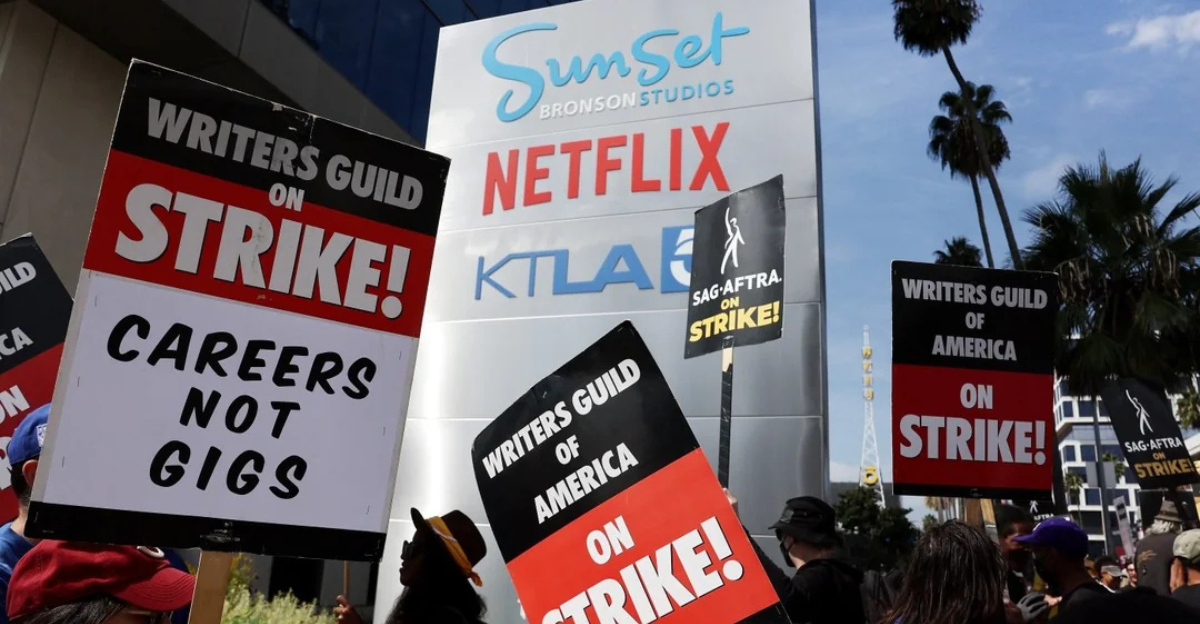
When Hollywood shut down, it wasn’t over money. Not really. It was over, meaning. Writers, actors, and crews weren’t just fighting for paychecks. They were fighting for relevance. For respect. AI didn’t walk picket lines, but it was the ghost in every chant. So these guys fought for their craft, their lives, and their livelihoods.
Tech Companies vs. Creators: The Battle Over Copyright and Fair Use

Tech giants want in. Writers want out. Studios are caught in the crossfire. Copyright law was built for people, not algorithms that scrape the internet and spit out screenplays. Who owns an AI-generated story? The coder? The studio? The machine? Until that’s clear, Hollywood’s most heated battle might not be on-screen.
AI’s Potential to Democratize Filmmaking
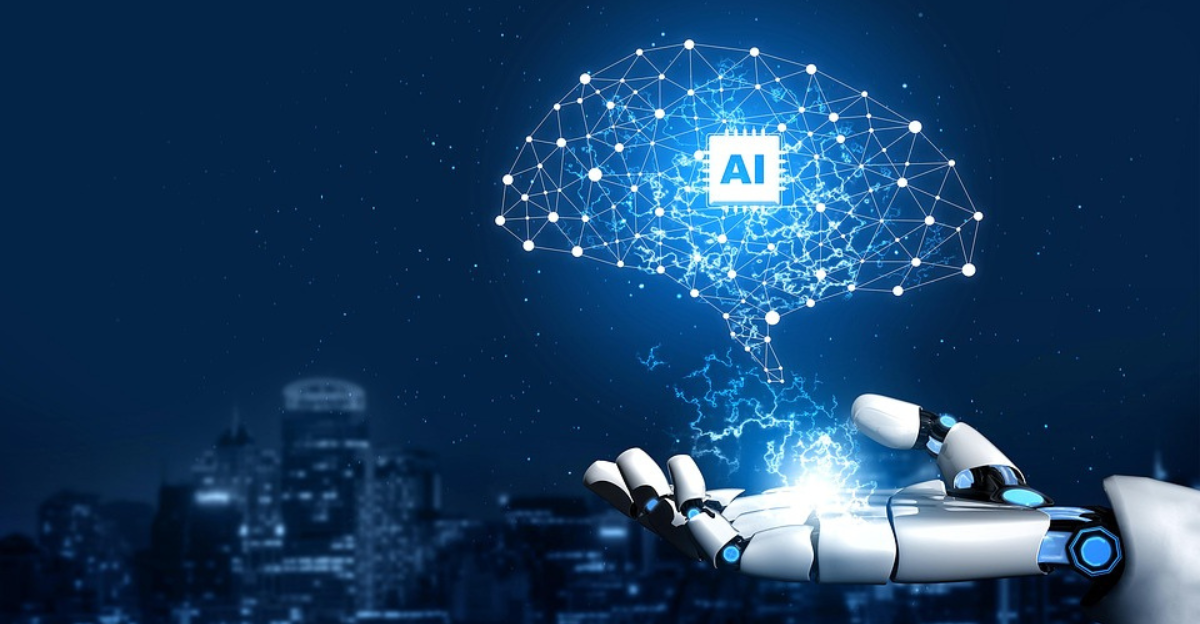
AI could break the gates wide open. No need for million-dollar cameras or studio deals. Just a laptop, some prompts, and vision. Aspiring filmmakers from nowhere can build worlds from their bedrooms. That’s power. But power without guidance? That’s chaos. And art, real art, still needs a little pain to shine.
Risks of Lower Quality and Formulaic Content Due to AI
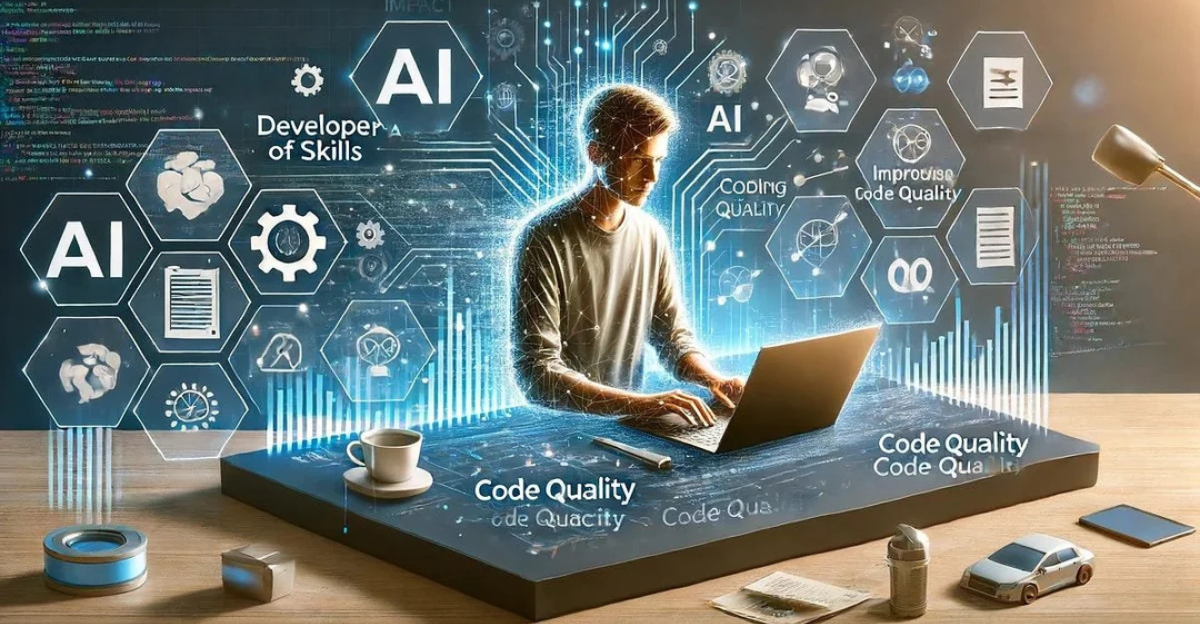
Not everything AI touches turns to gold. Most of the time, AI simply churns out what it is trained on. Simply put, it has copied millions of documents. So it can’t produce original and innovative content. And consumers know this. Thus, the risk is a flood of content that looks right but feels wrong. Like a painting without a pulse.
AI’s Influence on Audience Experience and Streaming Algorithms
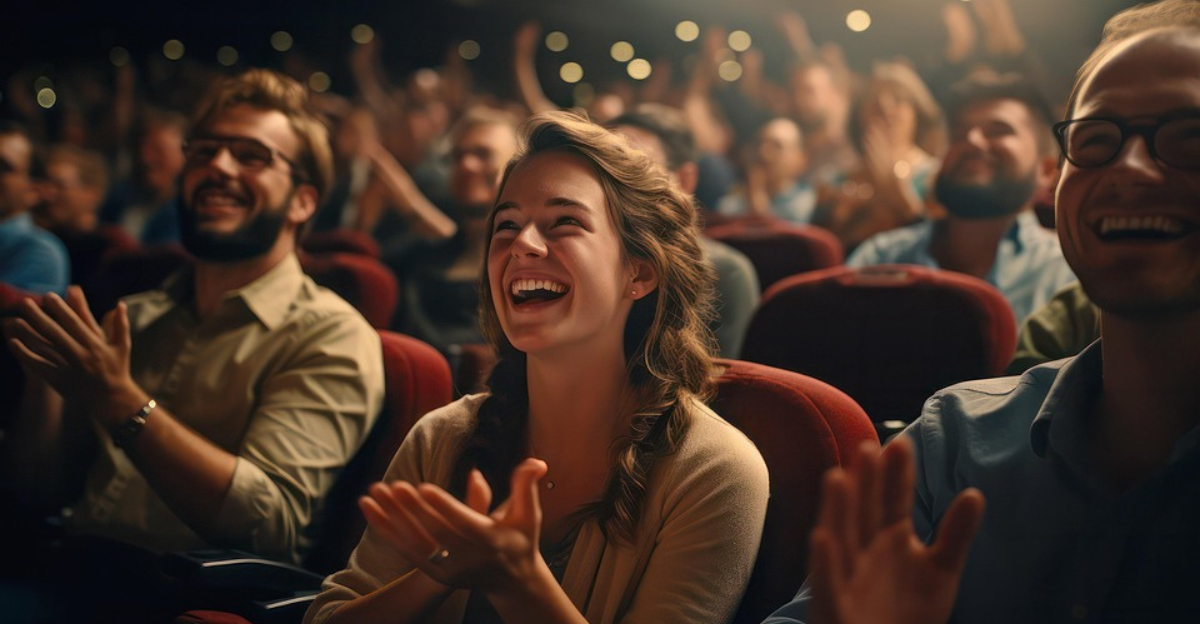
Streaming knows what you like before you do. Now, with AI in the mix, it’s shaping what gets made in the first place. Scripts tuned to match your mood. Endings are tested by algorithms. Art tailored like a shopping ad. But when everything is built for you, do you even feel it with you? And where’s the room for trying something new and unfamiliar?
The Future of Human Creativity in an AI-Augmented Industry
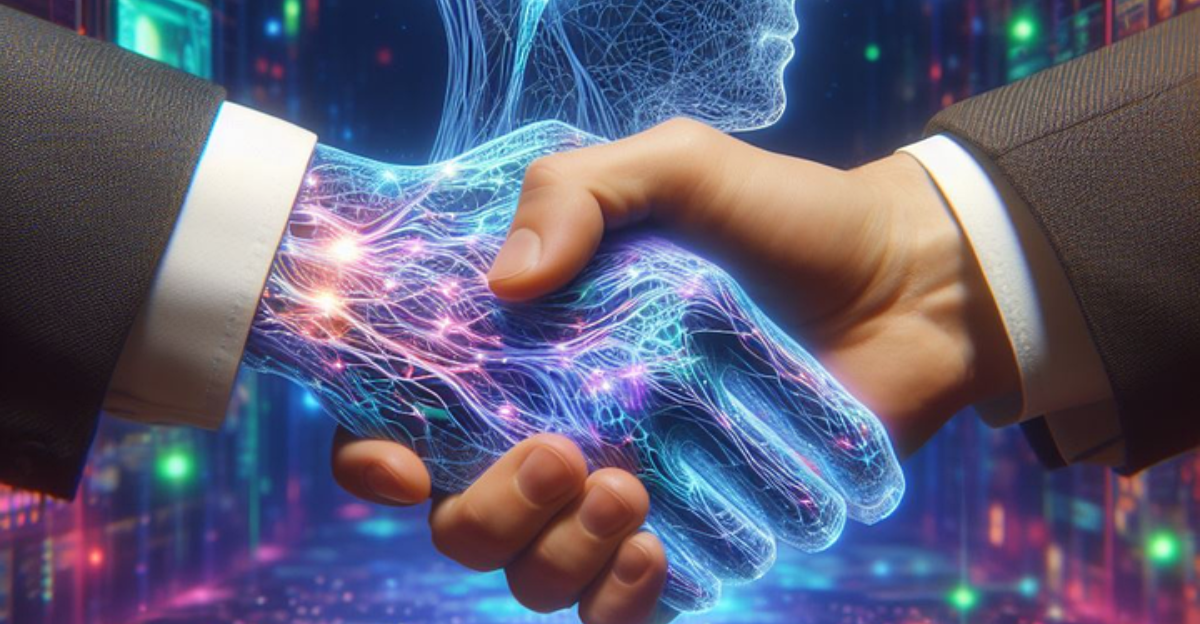
Humans make mistakes. They hesitate. They surprise you. That’s where the magic lives. AI doesn’t stumble. It optimizes. But can it write a scene that makes you cry? Can it capture a moment that wasn’t supposed to happen? Creativity isn’t exactly perfect. It’s messy. And maybe that mess is what makes it real.
Balancing Innovation with Protection of Artistic Integrity
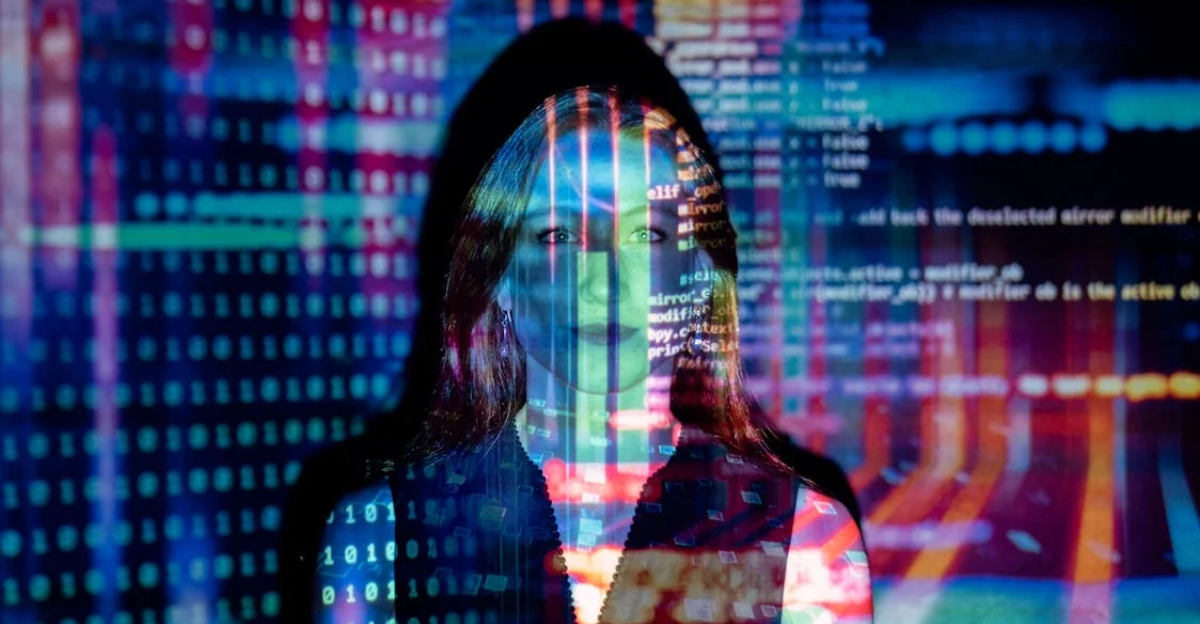
Innovation isn’t the problem. But without care, it starts to erase the people who made this industry matter. AI has its place, but it’s not the storyteller. Not the heartbeat. We need to hold the line, keep space for flaws, for feeling. Without that, it’s not art anymore. It’s just output.
AI in Oscar-Winning Films and Major Productions
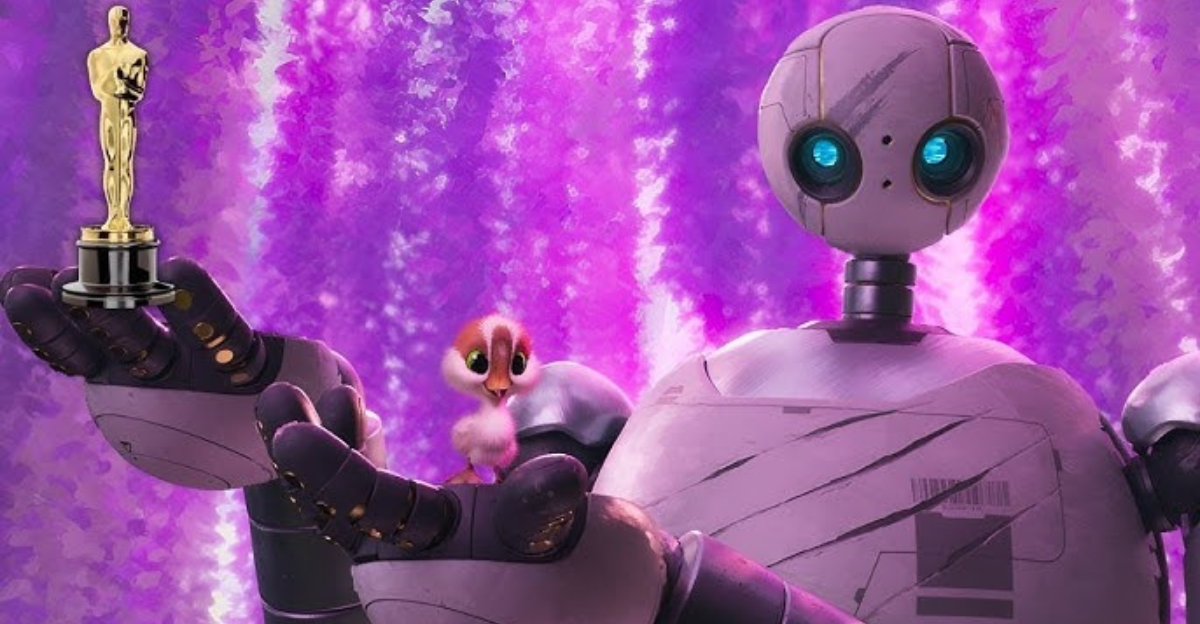
A few have already tried it. Big names (like The Creator). Big budgets. Oscar buzz. And yes, some of the results were stunning. AI cleaned frames, de-aged actors, and even helped write dialogue. But behind the gloss, something was apparently missing.
Legal and Regulatory Challenges Surrounding AI in Entertainment

Lawmakers weren’t ready for this. No one was. Can you copyright something made by a machine? Can your face be used without your say? The answers keep shifting. Studios want freedom. Creators want protection. And AI keeps moving. Quietly, constantly. Until the rules are rewritten, the mess just keeps getting messier.
Conclusion
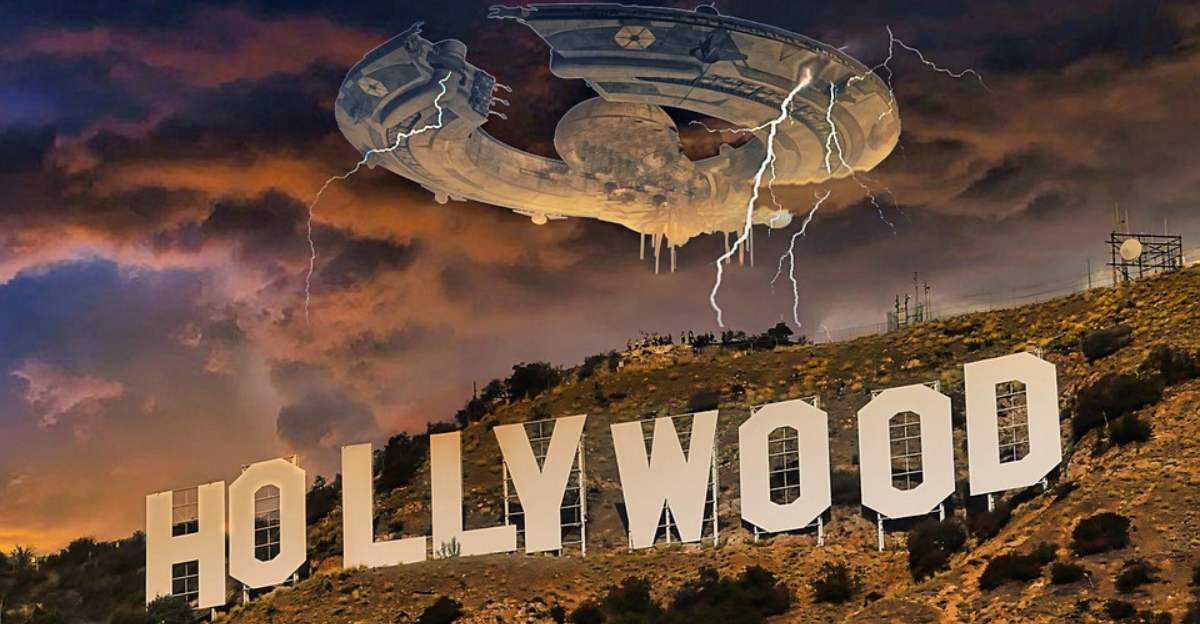
Hollywood’s at a crossroads. Embrace the machine, or push back and protect the spark. The truth probably lives somewhere in the tension. AI can help tell stories, but it can’t feel them. That part’s still ours. If we forget that, we lose more than jobs. We lose the reason we watch.